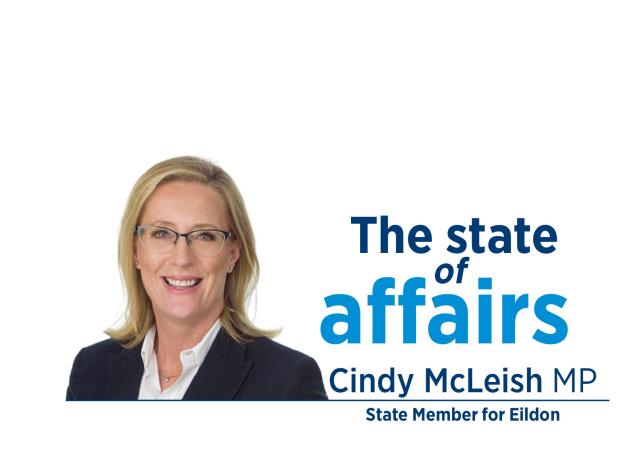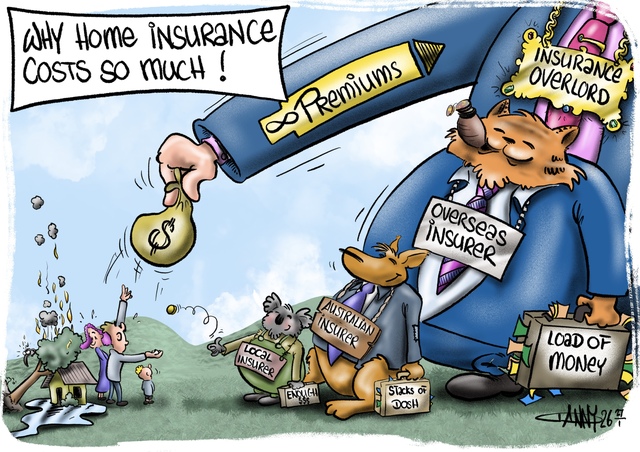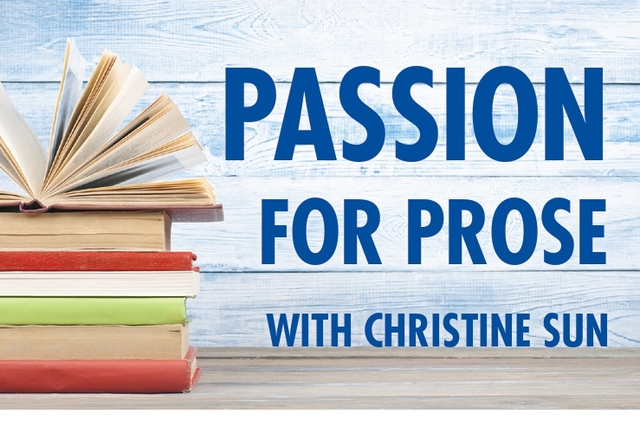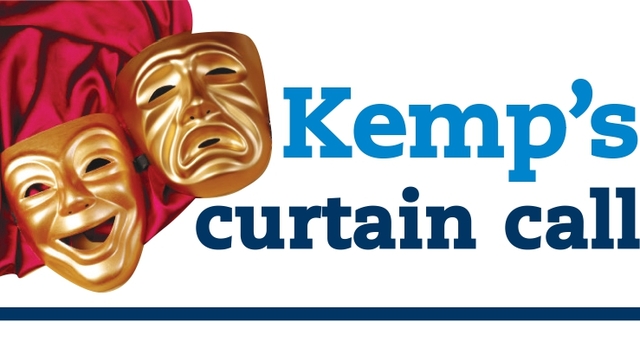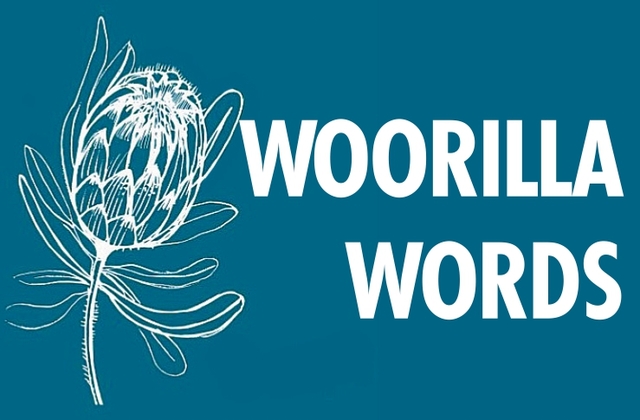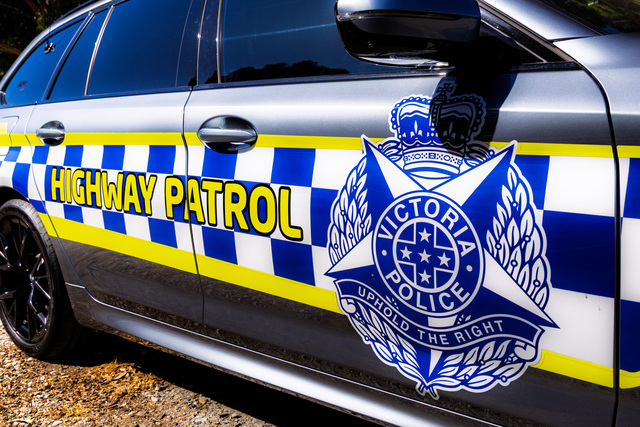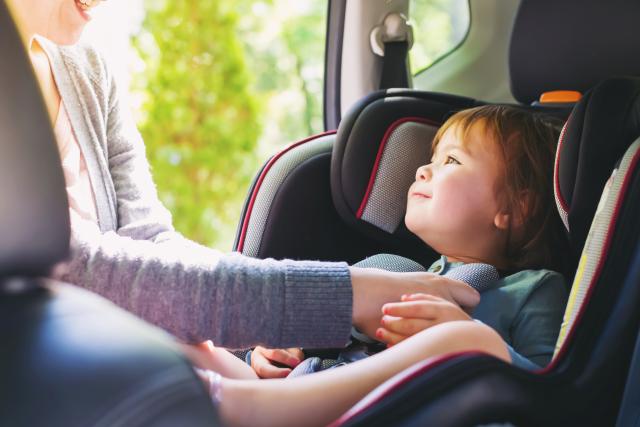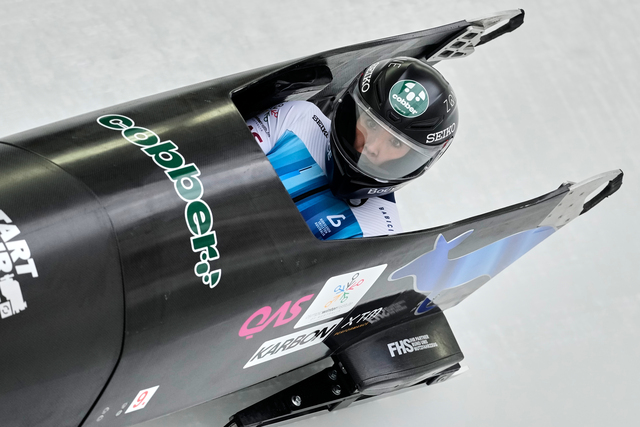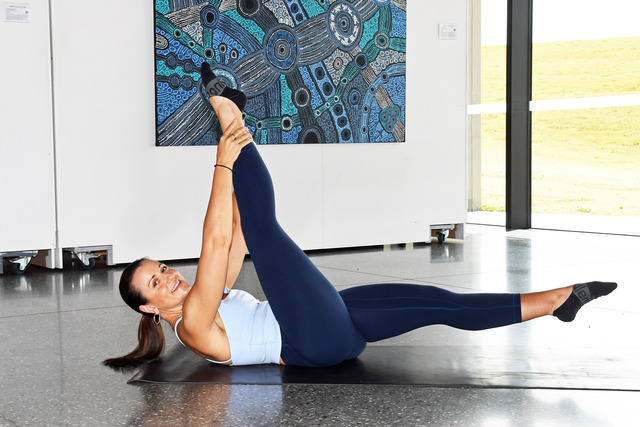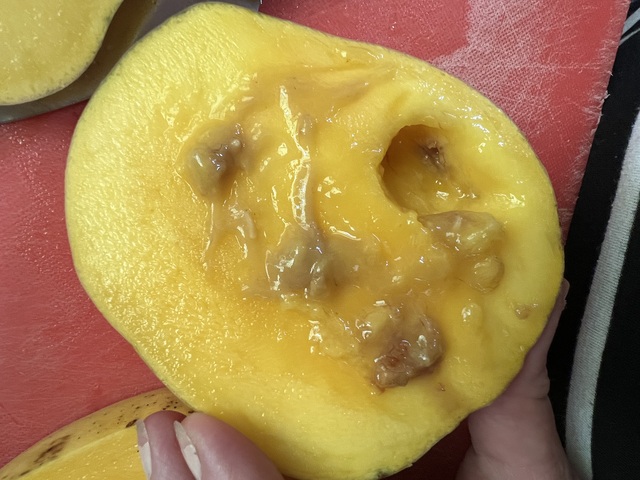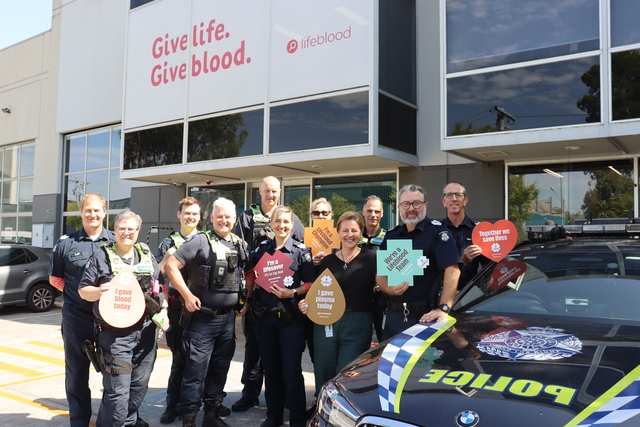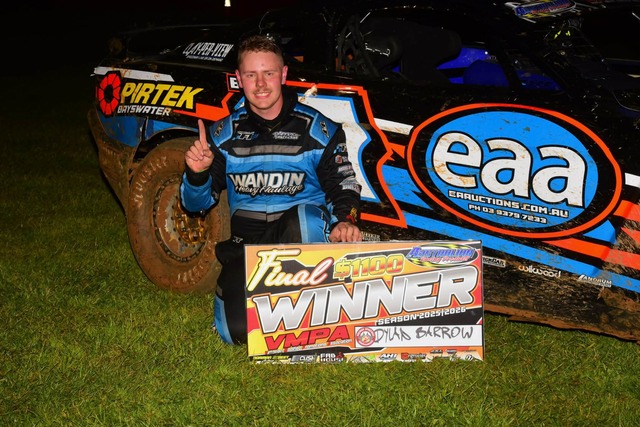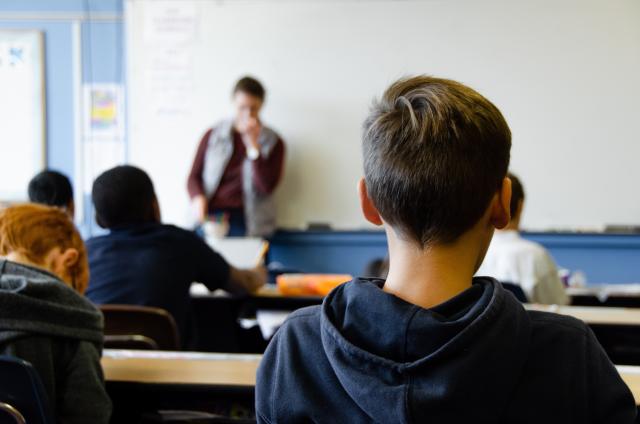With the Indigenous Voice to Parliament (The Voice) referendum date set for October, the discussion around the yes or no vote has picked up in volume.
Wurundjeri man, Indigenous studies professor and son of Aunty Dot Peters, Dr Andrew Peters, has given his perspective leading into the national vote.
As a ‘yes’ voter, Andrew said it is a definitive answer for him mostly because of the bipartisan support a Voice to Parliament will give First Nations people.
“For me, it’s a chance, one for Indigenous people, Aboriginal people, to be recognised in the Constitution, which is so far long overdue,” he said.
“And two, it’s going to provide a mechanism so we get out of this cycle of partisan support.
“Over the years, where things have been set up to help Aboriginal people, generally speaking they were set up by the Labor government and disbanded by Liberal governments. It might not always be the case but generally, that’s what’s happened.”
Andrew said The Voice would be a “permanent way for governments to listen to Aboriginal representative groups” especially when it comes to the expression of culture.
Viewing the The Voice as a necessary first step in rectifying the lack of Indigenous representation in the Constitution, Andrew said he is hopeful it will create change at a grassroots level.
“That grassroots change isn’t going to happen without constitutional change, without something like this compelling governments to do something different,” he said.
“If we do this, and it doesn’t make a difference, we haven’t lost anything.”
In the 56 years since the last referendum concerning Aboriginal peoples, Andrew said it’s only been very recently that things have started to change.
“We’ve tried spending money to solve problems involving Aboriginal communities for over 50 to 60 years, since the 1967 referendum and nothing’s really made a difference in all that time.”
Somewhat critical of the ‘no’ campaign, Andrew said if they had offered other alternatives or a better solution he would potentially understand reasons to vote that way.
“It’s not going to change the way Parliament runs. It’s not going to be a specific voice for Aboriginal people above any others.
“When the government has senate inquiries into things like aged care and women’s rights and those sorts of things they don’t do that without asking elderly people or without asking women or getting their input on what they should be doing.
“So it just makes absolute sense to me that we should be asking Aboriginal people about the problems that affect Aboriginal people.”
As the only former British colony that doesn’t recognise its first peoples in the constitution, Andrew said it’s something that continues to baffle him.
“Recognising the value of Aboriginal culture in the world today, we’re nowhere near the level where I think we need to be,” he said.
“It’s not just something for Aboriginal people, this is a national thing, all Australians should be really proud of our Aboriginal culture and history and heritage yet we’re nowhere near the level of pride we need to be as a nation.”
Understanding the arguments that note the constitution as just another construct of white law and colonisation, Andrew said
“We’re not going to be able to even consider the merits of traditional Aboriginal lore in the world today unless we get some sort of recognition under non-Aboriginal law.
“There are things that Aboriginal people do in the way they see the world, in the way they’ve thought for thousands of years that can help us today and we’ve just been too blind to them for so long.”
Having seen the dialogue and conversations already start to shift, with “more non-Aboriginal Australians starting to engage with our culture and our history”, Andrew said for him The Voice is a way to only expand that connection.
“For me, a lot of the issues that we see today are from people being disconnected from Aboriginal culture.
“Once we can start making those connections, that doesn’t mean everyone has to learn language or learn to dance or anything like that, but just finding their own connections to the culture and the history that make things easier for everybody.
“I’m seeing more and more people being able to do that and want to do that, so I’m encouraged by that.”
Leading up to the 14 October vote, Andrew said he would encourage people to educate themselves and make their own decisions.
“Find out some information, read pamphlets, particularly get information from people who are constitutional law experts, not newspaper columnists, not politicians, because they’ve all got their own agenda, they’ve got a reason why they want people to vote one way or the other.
“I’d like people to become informed and for themselves, and then make up their own mind. I’m worried that it’s becoming hijacked as a political media issue, when in reality, it’s a very, very long overdue constitutional change that we need.”


